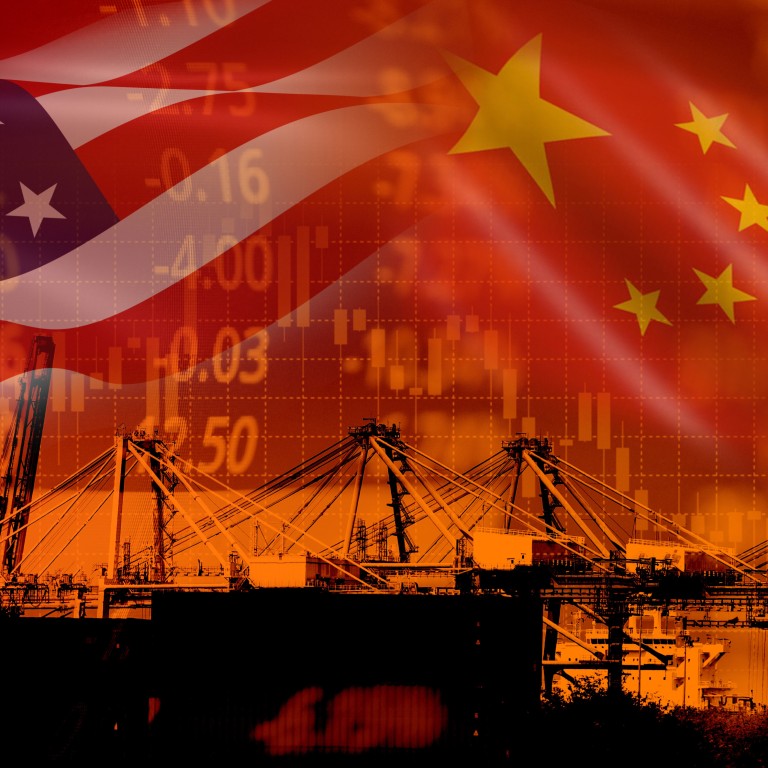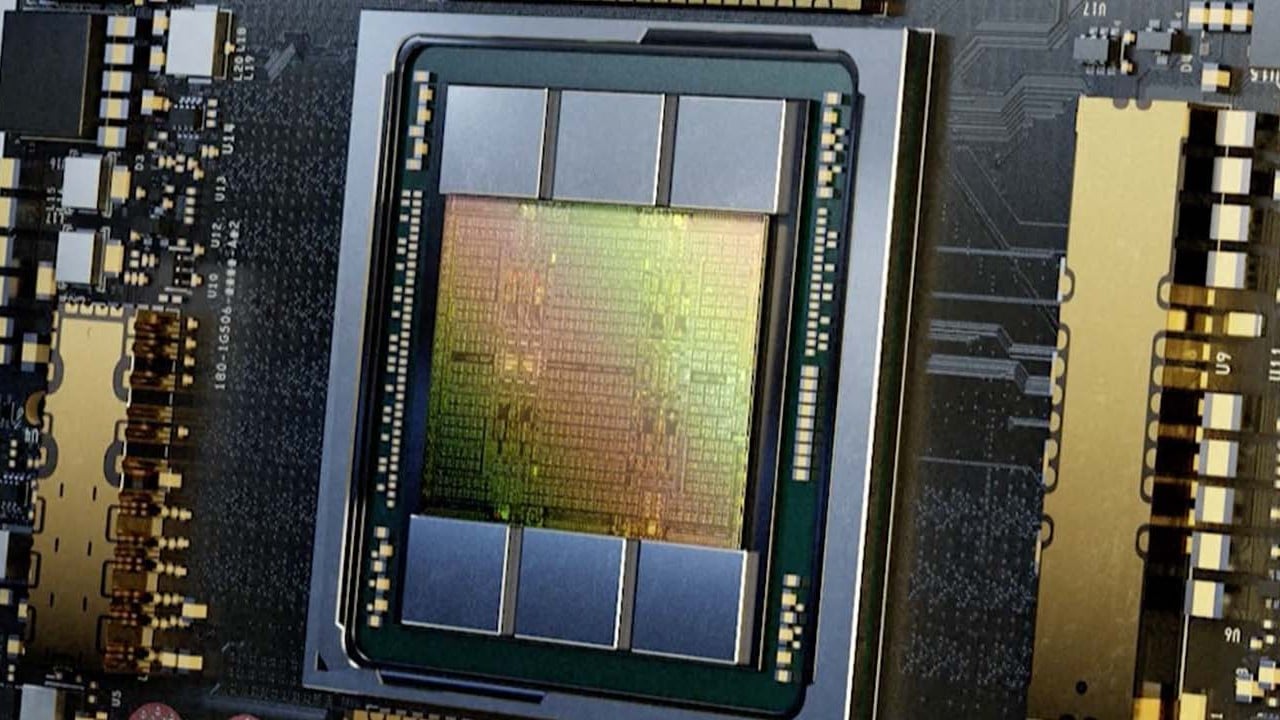
US must stop obsessing over fake ‘China threat’ narrative and focus on global economic dangers
- The US needs to work towards preventing financial Armageddon and realise that China is not seeking to become a global hegemon
- Washington should come to terms with a new, multipolar and multicivilisational world, and resume its role as an agent for growth and peace
The question of whether the China threat really exists must be critically examined.
As international relations scholar and long-time China observer Josef Gregory Mahoney pointed out, China exhibits political and cultural “exceptionalism”. Unlike the US, it does not seek global hegemony. Its sufferings at the hands of colonial powers since the mid-19th century have seared strong anti-hegemonic instincts into its national psyche.
Middle-class nation: how China is rising to the common prosperity challenge
Mahoney uses “aloofness” to describe China; this is well chosen. The Middle Kingdom has a long history of closing its doors to foreigners. As a vast, continental-size country, China has long believed in self-sufficiency. It has engaged in short-term border conflicts but never indulged in colonialism or the occupation of foreign territories.
Trade and economic engagement with the West are fine, but Western norms and lifestyles are regarded in some quarters as toxically hedonistic and potentially detrimental to maintaining the cultural purity and strength of Sinic civilisation.
China’s political system is unique to its historical, social and cultural roots. China believes deeply in improving the well-being of its people. But China does not believe in democracy as defined solely on one procedural aspect – popular participation by way of ballot box elections on a wide franchise.
China has taken pains to develop sociopolitical and economic systems appropriate to its unique history and circumstances. Unlike the US, China does not seek to export its political system. Its people-based but Communist-Party-centred system is understandably viewed by many accustomed to pluralistic, universal-suffrage-based elections as too eccentric to follow, even unacceptable.
Britain leading the way as world enters an era of ‘omnishambles’
With the expansion of its economic footprint as the world’s largest trading entity and second-largest economy, China understandably wishes to seek a place at the top tables in the international community, and expand its military presence to protect its overseas assets and investments. It seeks technological advancement and upgrading of its military capabilities for self-defence and the continuous improvement of the livelihoods of its people.
America is a great country blessed with abundant natural resources and talented people, and in the past, has helped many to grow. It should come to terms with a new, multipolar and multicivilisational world, and resume its role as an agent for growth and peace.
Regina Ip Lau Suk-yee is convenor of the Executive Council, a lawmaker and chairwoman of the New People’s Party



